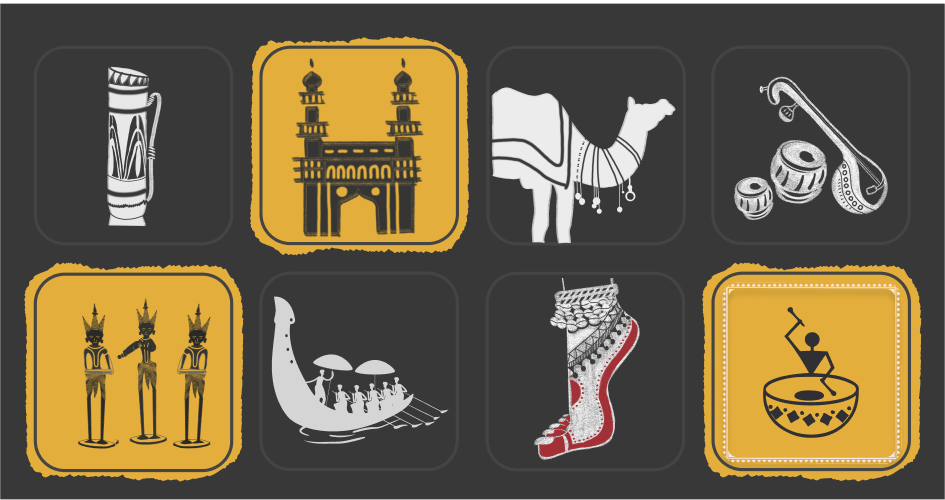Suka Brahma Maharishi: The Story of a Divine Sage
Sukha Brahma Maharishi, often referred to simply as "Sukha," is the son of Sage Vyasa and a celestial maiden, Krutasi. The name "Sukha" translates to "parrot" in Northern languages, which is why Maharishi Sukha is depicted with a parrot-like face. According to legend, Vyasa, who authored the Mahabharata, taught the entire epic to his son Sukha. Sukha, though young, possessed vast knowledge and wisdom. He had a natural tendency not to stay in one place, always moving from one location to another. Notably, Sukha presided over the divine marriage of Sreenivasan and Padmavati.
The birth of Sukha Brahma Maharishi is a fascinating tale. During a homam at Kurukshetra, Vyasa's attention was captivated by a divine maiden named Krutasi. Trying to evade his gaze, Krutasi transformed into a green parrot and joined a flock flying overhead. However, she later realized she was pregnant and gave birth to a child with a parrot's face and a human body. Unable to take the child to the heavens, Krutasi entrusted him to Vyasa. Sukha, growing under Vyasa’s care, soon acquired his father’s wisdom and knowledge. He is also known for observing strict celibacy (brahmacharya) and became a spiritual luminary.
One of the most important references to Sukha Maharishi is found in the Bhagavata Purana, where he narrates the divine stories of Lord Krishna to King Parikshit, who was cursed to die in seven days. Through Sukha's teachings, King Parkshit attained moksha (liberation). The Bhagavata Purana, central to Hindu Bhakti traditions, emphasizes love, devotion, and surrender to the divine. Sukha’s role in the Purana underscores the importance of the Guru-shishya parampara (teacher-student tradition), where spiritual wisdom is passed down through generations.
The Teachings of Sukha Brahma Maharishi
Sukha Brahma Maharishi’s teachings focus on Brahmavidya, or the knowledge of the absolute. He believed in non-duality (Advaita), teaching that the individual soul (Atman) and the ultimate reality (Brahman) are one. He emphasized detachment from worldly desires and preached that true liberation comes from transcending material attachments. Although a proponent of non-duality, Sukha also valued devotion (Bhakti) and taught that selfless devotion to the divine could lead to liberation. Simplicity, humility, and silence were key aspects of his philosophy, and he encouraged meditation as a means of quieting the mind and connecting with the inner self. Some of his key teachings include:
- Non-duality (Advaita): Sukha Maharishi believed in the non-dualistic approach to spirituality, where the individual soul (Atman) and the ultimate reality (Brahman) are one and the same. He taught that true liberation comes from realizing this oneness and transcending the illusion of separateness created by the ego and the material world.
- Detachment: A central theme in Sukha Maharishi's philosophy is the idea of detachment from worldly desires and attachments. He emphasized that attachment to the material world is the root of all suffering, and only by letting go of these attachments can one experience true inner peace and joy.
- Devotion and Surrender: Though a proponent of non-duality, Sukha Maharishi also recognized the power of Bhakti (devotion). He taught that through pure, selfless devotion to the divine, one could transcend the limitations of the mind and ego, leading to liberation.
- Simplicity and Silence: Sukha Maharishi exemplified a life of simplicity, humility, and silence. He encouraged his disciples to lead a life of inner quietude, free from the distractions of the world. He often stressed the importance of meditation and contemplation as tools to still the mind and connect with the inner self.
To reflect his teachings in your home, consider adding a Suga Brahma Maharishi statue, a tribute to his lifelong dedication to spiritual enlightenment and Brahmavidya.
His detachment from worldly temptations and supreme wisdom, achieved without formal education, made him a revered figure in Hindu tradition. Sukha is also considered a Chiranjivi, an immortal sage, continuing to guide spiritual seekers.
Visit Us for Unique Figurines
Several temples are dedicated to Sukha Brahma Maharishi. In Salem, Tamil Nadu, there is a temple named Sugavaneswara dedicated to Lord Shiva, where Sukha has a separate shrine. Other temples in Salem District and Cuddalore, as well as shrines in Chennai and Trivandrum, are devoted to him. These places of worship attract devotees, especially on Thursdays and Sundays, who seek blessings and fulfillment of their desires.The Suga Brahma Maharishi statue is a fitting representation for devotees, honoring the sage's deep spiritual legacy.


